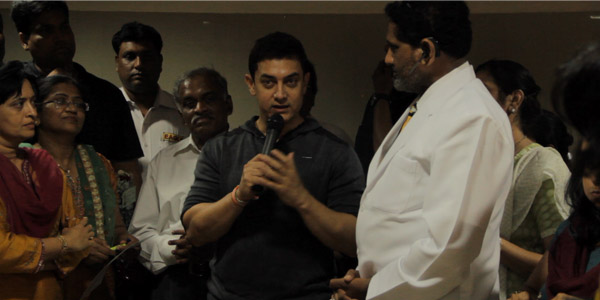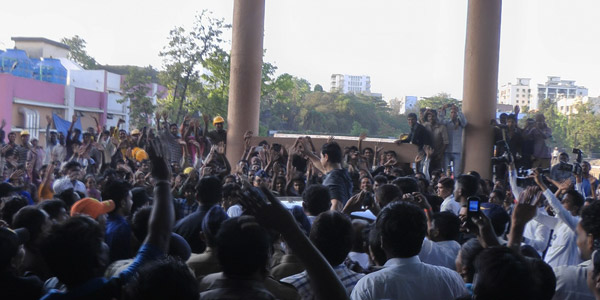It is 4:30 p.m. on April 3, 2014. Aamir Khan visits the R. N. Cooper Hospital in Mumbai to felicitate teams that have implemented a gender-sensitive and scientific protocol for the medical treatment and examination of survivors of sexual assault. This protocol has been developed by Mumbai-based NGO Centre for Enquiry into Health and Allied Themes (CEHAT) in consultation with the Municipal Corporation of Greater Mumbai (MCGM). It has been implemented in three municipality hospitals so far.
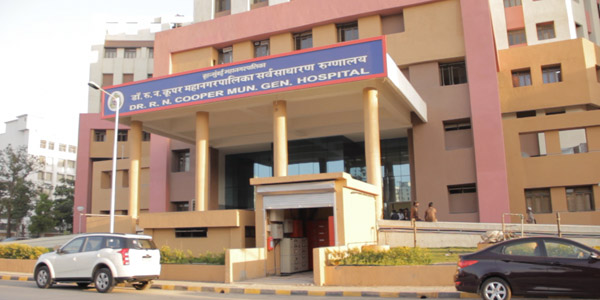
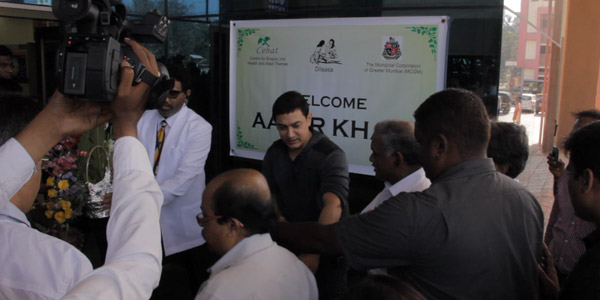
II
Mr Khan is received by Dr Mahendra Wadiwala, Medical Superintendent of the MCGM, and escorted into the seminar room. This room has a gathering of doctors, nurses, counsellors and other support staff from four hospitals managed by the municipality—Cooper Hospital, Vile Parle; Bhabha Hospital, Bandra and Kurla; and Rajawadi Hospital, Ghatkopar.
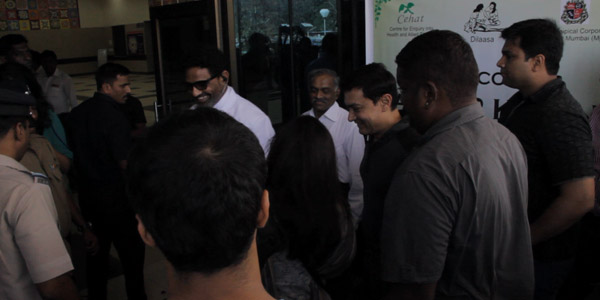
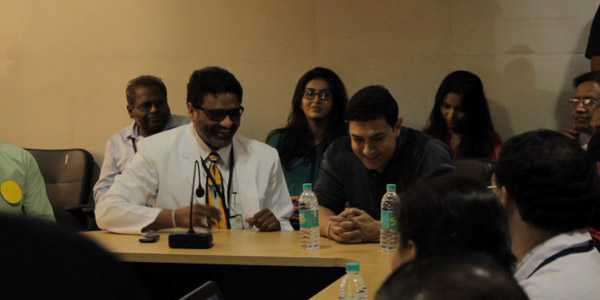
III
Padma Deosthali of CEHAT presents the organization's work on the issue of violence against women. “Dilaasa was conceptualized based on the study of one-stop crisis centres in Malaysia, Philippines, Thailand, U.K. and U.S.A. We redesigned the model to be a more sustainable one in India,” she says."There are clear protocols for domestic violence and sexual violence - these protocols are absolutely gender-sensitive and evolved based on international standards." Deosthali also speaks about a new programme that CEHAT has started in six medical colleges in Maharashtra, where professors will be trained on gender and they will develop gender-sensitive modules in teaching medical students. She then talks about the Government of India recently issuing a national protocol and guideline for the treatment and examination of survivors of sexual assault, though this is yet to be sent to the respective state governments.
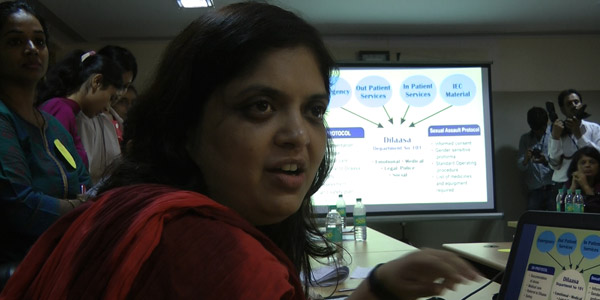
IV
Mr Khan expresses interest towards attending training sessions along with the doctors. The team appreciates his eagerness.
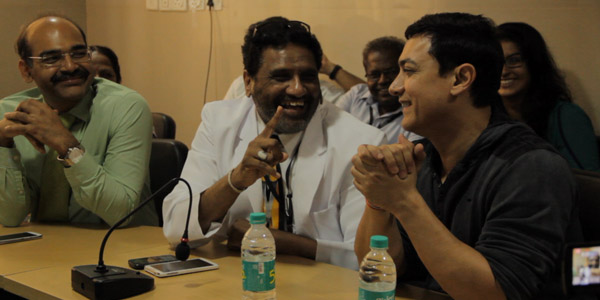
V
Dr Meena Saujani from Rajawadi Hospital discusses a case study where a six-month old baby was examined and treated according to the protocol. The baby had physical and genital injuries, indicating sexual assault. But when a forensic expert from another hospital examined the survivor after three days, no evidence of rape was found. The police officer on this case followed the forensic expert's opinion, and as a result, the 17-year-old rapist was let off scot-free. “This happened because they are not trained to examine rape survivors sensitively,” explains Dr Saujani.
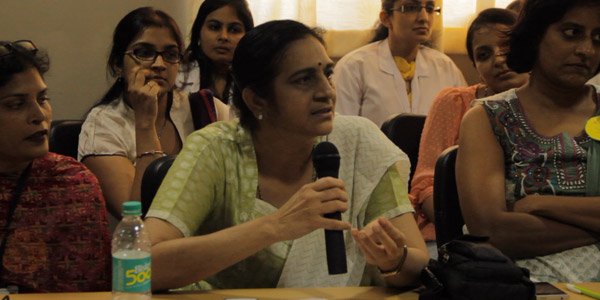
VI
Chitra Joshi, a counsellor at Bhabha Hospital in Bandra, has been working with the Dilaasa Crisis Centre since 2001. Ms Joshi speaks of how the CEHAT training has enabled the hospital’s staff to develop gender sensitivity. She mentions the case of a transgender person who had come to the hospital after she was sexually assaulted. The staff was not confused about her gender nor which ward she should be sent to; they treated her with care and admitted her into the gynecology ward.
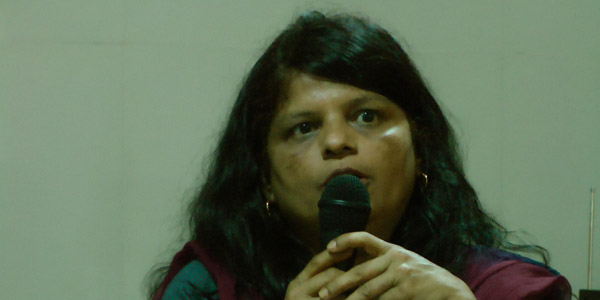
VII
Dr Smitha Sarpamalay, a doctor at Cooper Hospital who has been trained to use the protocol, speaks about how it has been very useful. “Initially, it felt strange to take the CEHAT training, but I realized that the training was very important for all of us—it helps us guide the patient,” she says. “We had a four-year-old rape survivor who was assaulted by her bus attendant. Since we were trained in the CEHAT protocol, we could elicit the history better and her family went on to file a case against the rapist.”
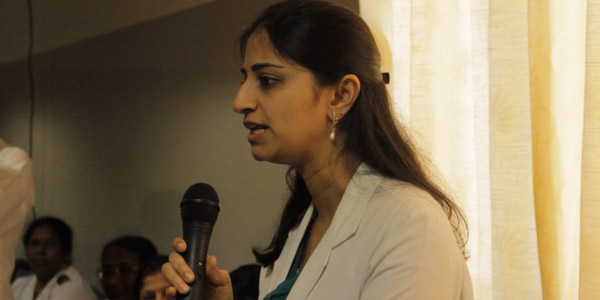
VIII
Dr Roopa Prasad from Cooper Hospital relates the case of a 25-year-old woman who drank phenyl to commit suicide. While the doctor was noting the survivor's history during the examination, the survivor spoke of being sexually harassed by her boss for over a year and a half. She also said that she was being abused by her husband. Although there was no physical evidence of sexual assault, this case went to court because the doctor was trained in documenting the history of the abuse.
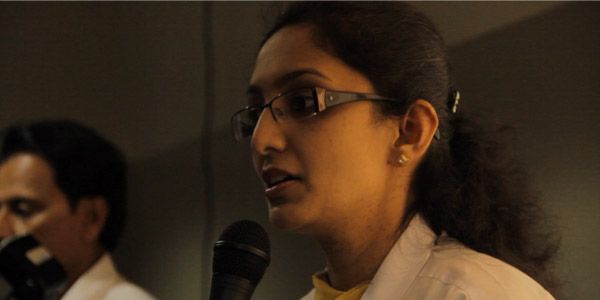
IX
Gynecologist Nikhil Datar says, “The protocol has really benefited the doctors as they have become aware. It has helped them to be better prepared to be witnesses in court.” Other doctors narrate similar stories of how the protocol has helped them develop a more sensitive approach to survivors.
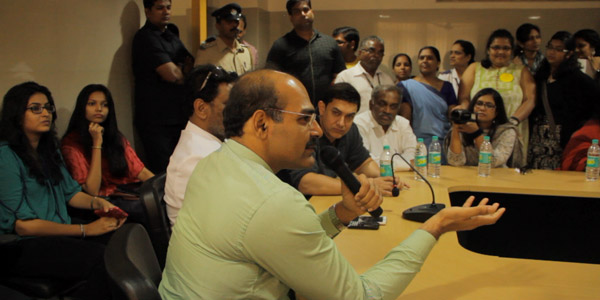
X
Nursing students from Bhagwati Vidyalaya perform a skit on sex-selective abortion and sexual assault.
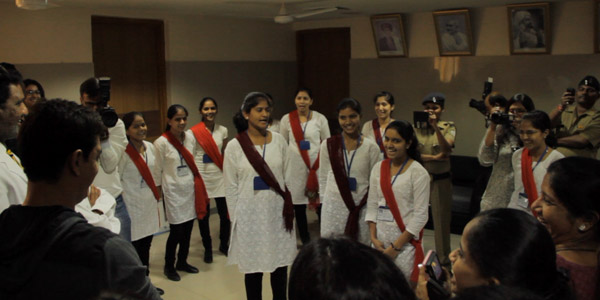
XI
Mr Khan presents certificates of appreciation to the doctors and staff who have implemented the CEHAT protocol.
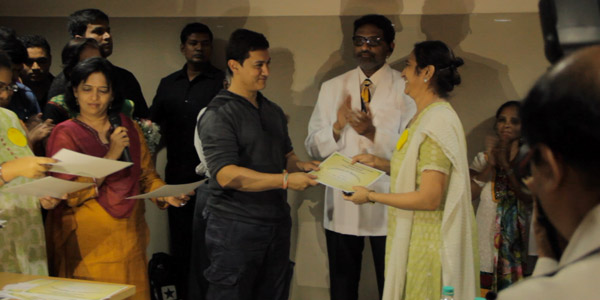
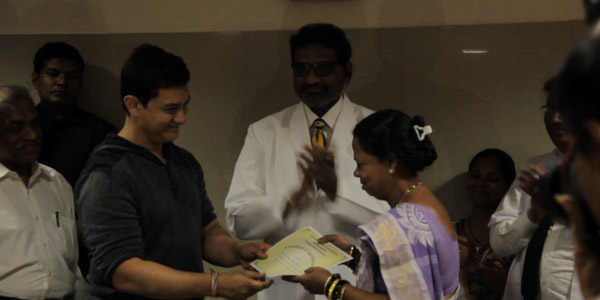
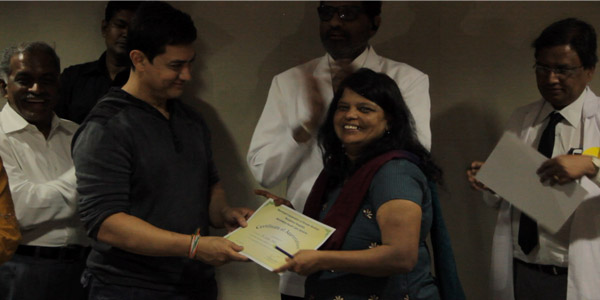
XII
Mr Khan applauds the achievements, commitment and hard work put in by the various teams to implement the progressive CEHAT protocol. “You're doing very important work,” he says. “Finally we are at a stage when this has to be taken forward—my best wishes to you and I hope this is implemented in every hospital in India.”
